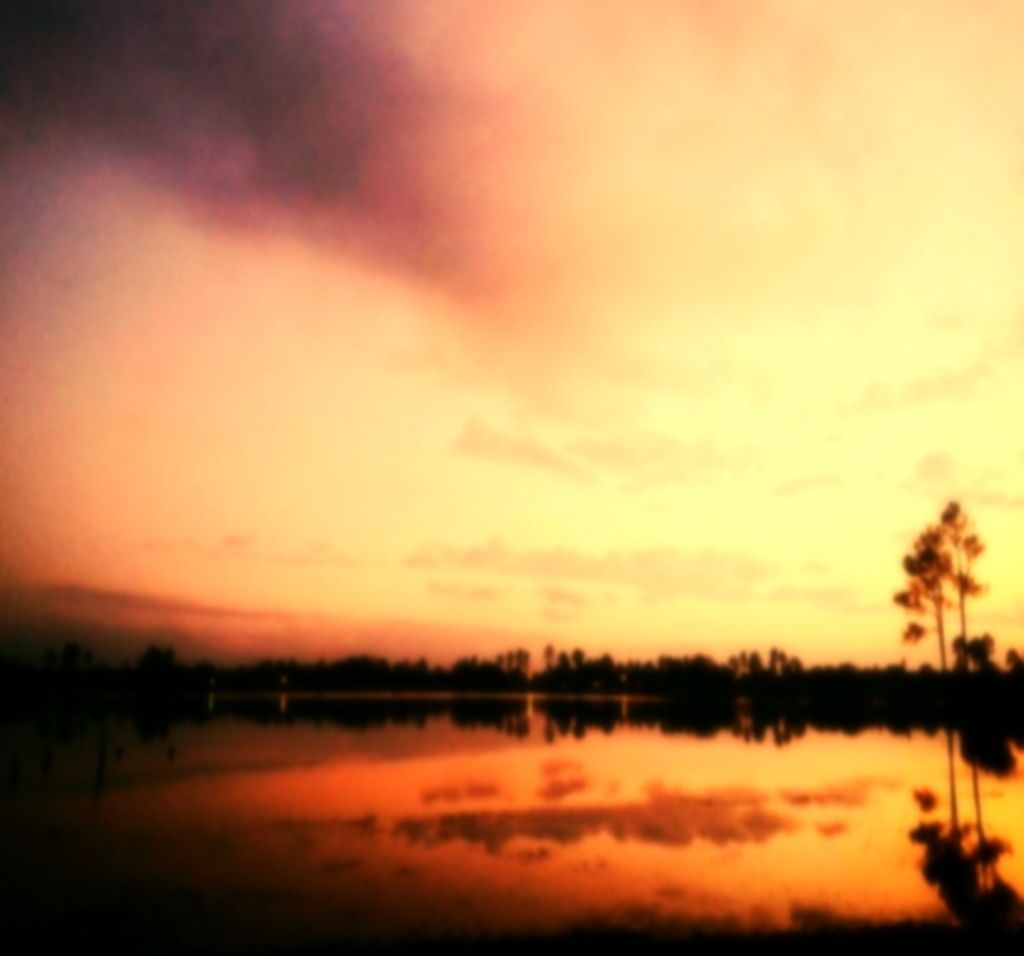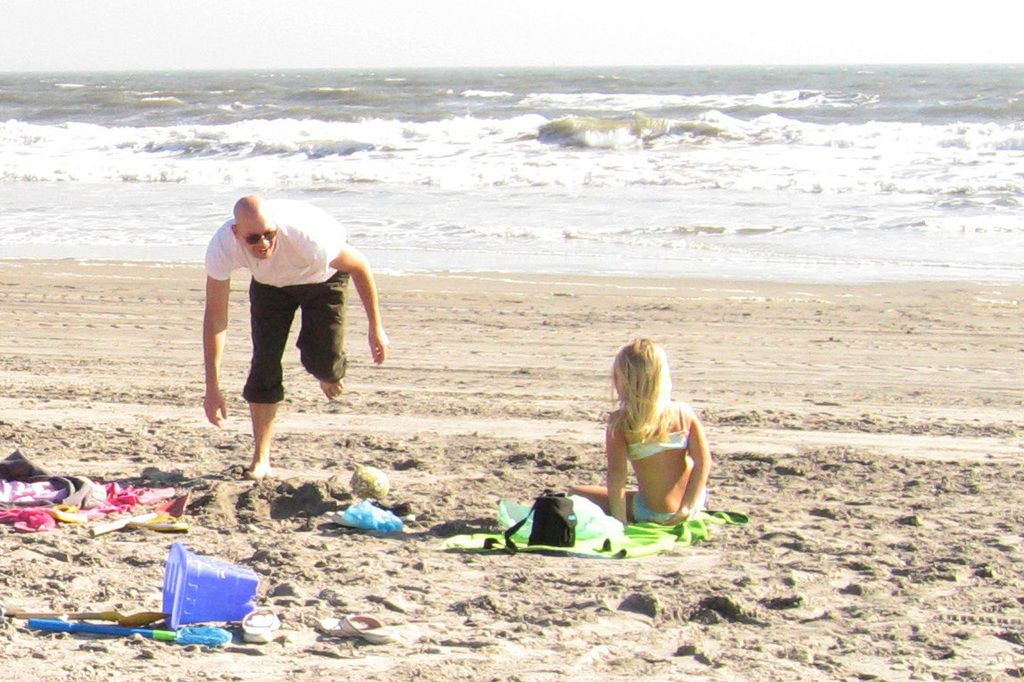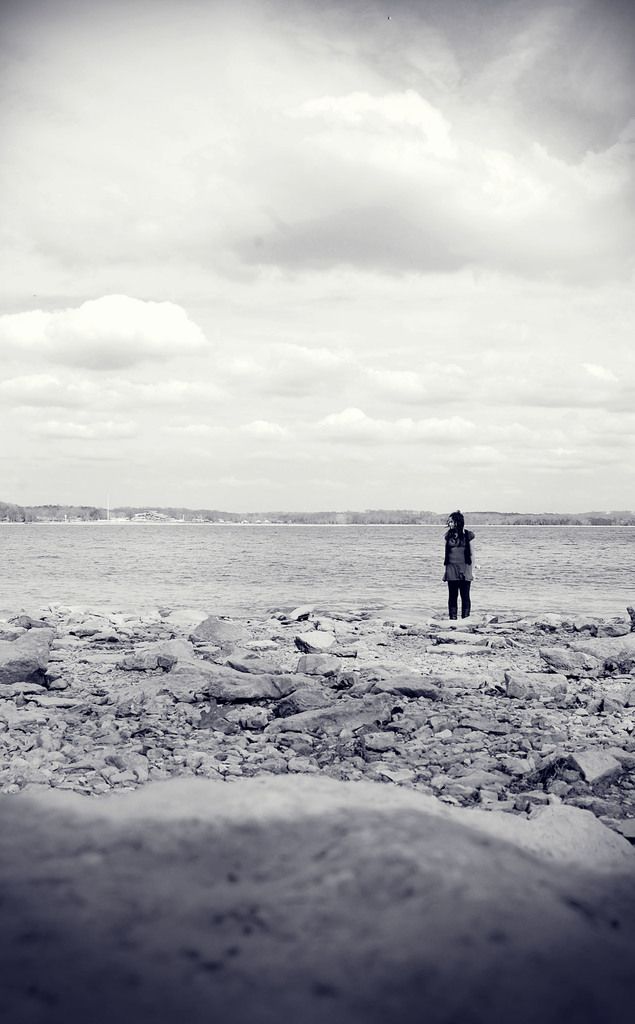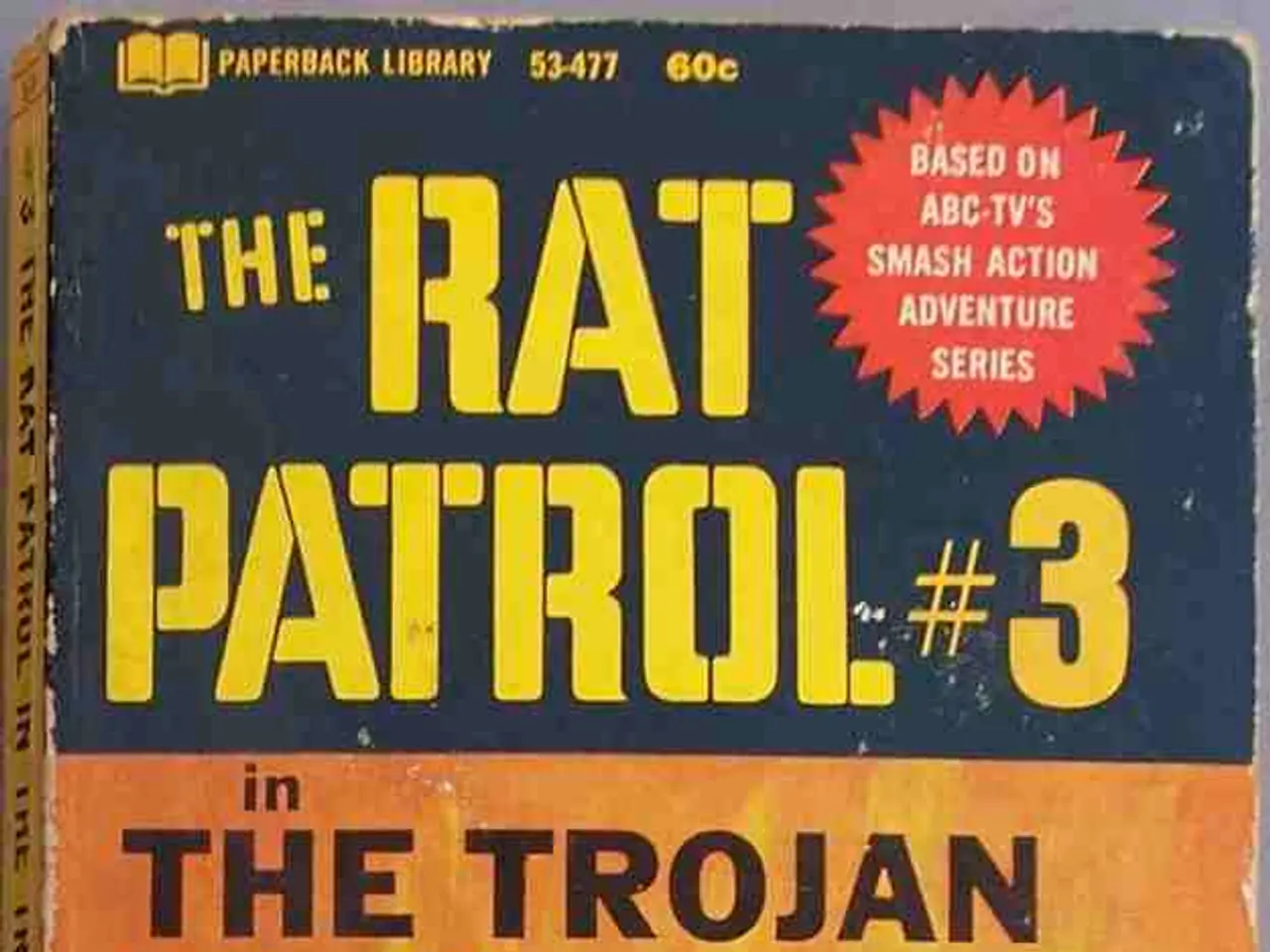Veteran German musician Klaus Lage, dubbed as "Germany's Joe Cocker," turns 75 years old.
Title: Klaus Lage Rocks the 80s: From "1000 and 1 Night (Zoom!)" to "Je wahrer die Liebe"
German artist Klaus Lage, affectionately known as "the German Joe Cocker" for his sultry voice, burst onto the scene with his blockbuster hit "1000 and 1 Night (Zoom!)" in 1984. The song, a phenomenon of the New German Wave (NDW), is a must-have in every 80s playlist, serving as a lasting relic of the decade.
Although "1000 and 1 Night (Zoom!)" may be missing from modern playlists, Lage remains both a constant and a favorite on German stages. He recently turned 75 and continues to charm audiences across his home country. In 2022, he released the album "Je wahrer die Liebe," boasting an impressive 934,000 monthly listeners on Spotify.
Born on June 16, 1950, in Soltau, Lage spent part of his childhood in Düsseldorf before moving back to his hometown. However, after experiencing life in Düsseldorf, he felt ill-at-ease returning to the small town. He abandoned a commercial apprenticeship to pursue music passionately in West Berlin.
Following a detour as a social worker and caregiver, he began to make music in the bars of Berlin. Dubbed the Berliner Rock Ensemble, they started to gain momentum in the early 80s. eines 1983 his first success came with the album "Stadtstreicher" and the single "Komm halt mich fest."
As synth-pop and disco music took over the charts in 1984, Lage released the album "Schweißperlen" and "1000 and 1 Night (Zoom!)," which reached number five in the single charts. His music offered a refreshing counterpoint to the electro-focused pop and disco tunes that dominated the music industry.
In the same year, German artists like Herbert Grönemeyer and Peter Maffay also made impressive strides, Grönemeyer with his hit "Männer" and his album "4630 Bochum," and Maffay with his successful collaboration with pop icon Peter Maffay on the theme for the first Horst Schimanski film, "Fist to Fist."
The 80s saw other compelling German artists emerge, each contributing their unique style to the German pop landscape—from synth-pop pioneers Alphaville to catchy NDW band Trio, English-speaking hard rock band Scorpions, and international pop sensation Nena.
Klaus Lage's influence on the German-language rock scene during the 80s should not be underestimated. His style bridged the gap between well-crafted rock-pop tunes and NDW excesses while empowering the sound of music in German. Though the years have passed, Klaus Lage's appeal endures, as he continues to captivate audiences and create meaningful music.
Sources: ntv.de, Sebastian Bronst, AFP, (enrichment data) [1], [2], [3], [4], [5]
Additional Insights from Enrichment Data:
- Alphaville: Formed in Münster in 1982, Alphaville celebrated success with songs like "Forever Young" and "Sounds Like a Melody." These tracks helped solidify their status as a prominent synth-pop band in the 80s.
- Modern Talking: The duo played a key role in the German pop and Eurodisco sound of the 80s, contributing popular hits such as "Brother Louie" and "You're My Heart, You're My Soul."
- Sandra: A successful pop singer, Sandra generated appeal with catchy melodies and hits during the 80s, like "Everlasting Love" and "Maskerade."
- Trio: Influential in the NDW movement, Trio created minimalist, catchy music with tunes such as "Da Da Da" and "Wie geile wЫ?"
- Scorpions: Known for hits "Rock You Like a Hurricane" and "No One Like You," Scorpions pushed the boundaries of German hard rock, eventually gaining international fame.
- Nena: "99 Luftballons" propelled Nena to international fame, putting German-language pop on the global stage and paving the way for other German artists.
- During the same eventful era in the 80s, other celebrated musicians such as Alphaville, Modern Talking, Sandra, Trio, and Scorpions also made their mark in the German music scene, each with their unique contributions to pop music.
- Klaus Lage's influence extended beyond his native country, with other artists like Nena following in his footsteps and achieving international success, thus strengthening the presence of German-language entertainment in the global music scene.








